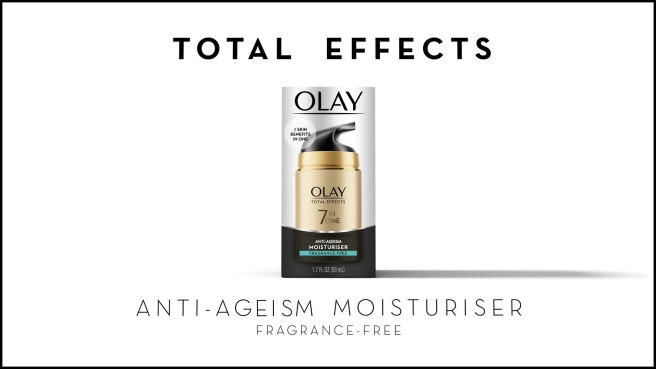9 October 2018
by Samuel Murray, Organisational Lead – Practice & Support

Ageism appears to be the last socially accepted “-ism”.
The stereotyping of ageing and the discrimination of a person based on age is called ageism. People will experience ageism when assumptions are made that they are “too old” for something – perhaps an activity, a particular outfit, or a relationship – instead of finding out who that person is, who they see themselves as, and what they are capable of.
Or perhaps “too young” for something, ageism does go in both directions, although in a youth-obsessed culture older people are more likely to experience ageism. In fact, being youthful seems to be highly desirable in Western society, and getting old is something one should fight. Just take a look at all of the “anti-ageing” products you can buy to “reverse the signs of ageing”.
In the same way as sexism, ableism, and racism serves a particular purpose – to validate and perpetuate social and economic inequality between groups – so does ageism. It is not about how we look. It is about how the people who have influence and control give meaning to how we look.
Looks ought not matter, how one thinks and feels is more important.
Stereotyping – the assumption that all members of a group are the same – causes ageism (as it does for all of the “-isms”). Stereotyping is always a problem, but especially so when it comes to age, because the older we get, the more different from one another we become.
Attitudes about age, as well as race and gender, start to form in our childhood. Over the course of our lives they turn into being a set of truths: “y’know, it’s just the way it is”. Unless we challenge ageist stereotypes: Old people are incompetent. Wrinkles are so ugly. It’s sad to be old – we feel shame and embarrassment instead of taking pride in the accomplishment of ageing. That is internalised ageism.
By denying the benefits of ageing and raising our fears about growing older, ageism has a funny way of accelerating the ageing process. It damages our sense of self, isolates us, weakens our prospects, and actually shortens our already short lives.
Gee, it got deep and philosophical there, right! So what can be done?
- Be mindful: the crucial starting point is to recognise our own prejudices about age and ageing. Then we can start to see that “personal problems” such as not being able to get a job or being belittled or feeling patronised are actually widely shared social problems that require widely shared action.
- Intergenerational relationships: connect with people of all ages. A truly equitable society for all ages requires meaningful intergenerational relationships.
- Speak up: watch for ageist behaviours and attitudes in and around you, challenge them, speak up, and create language that supports every stage of life.
Until next time, remember, “be the change you wish to see in the world”.